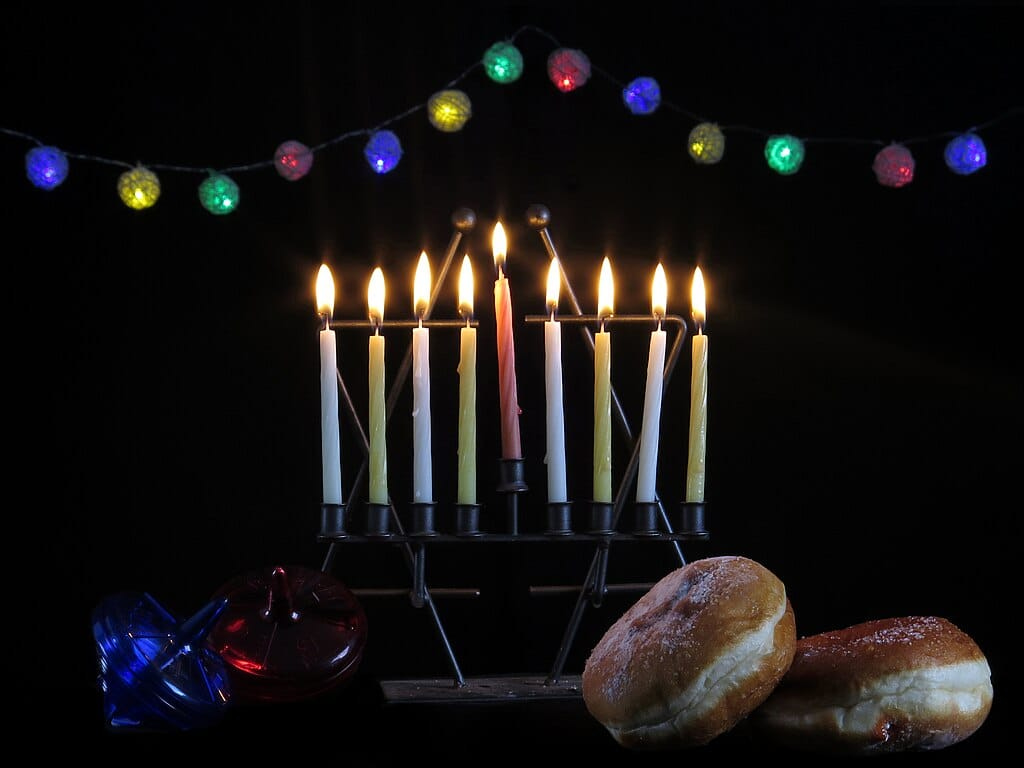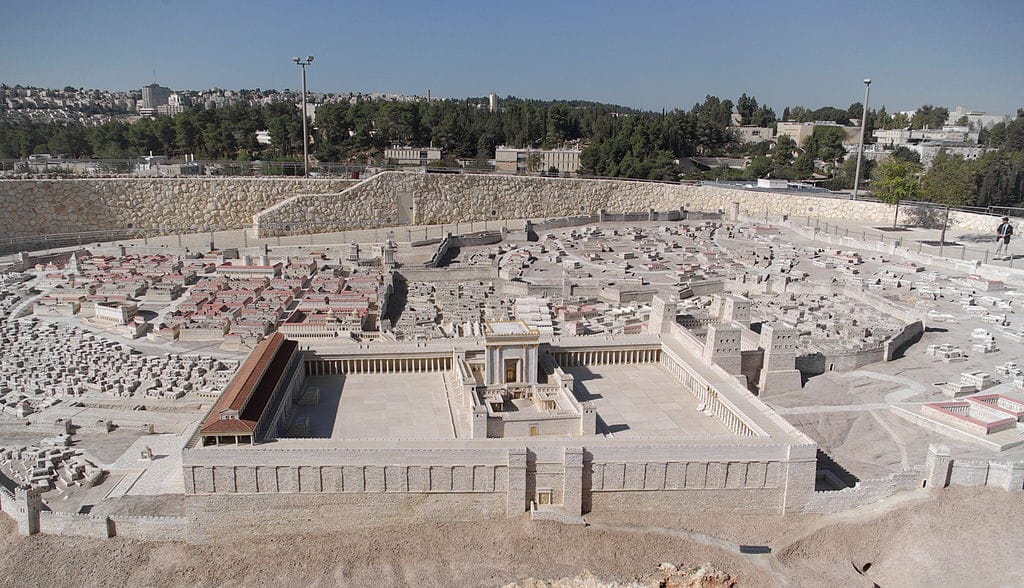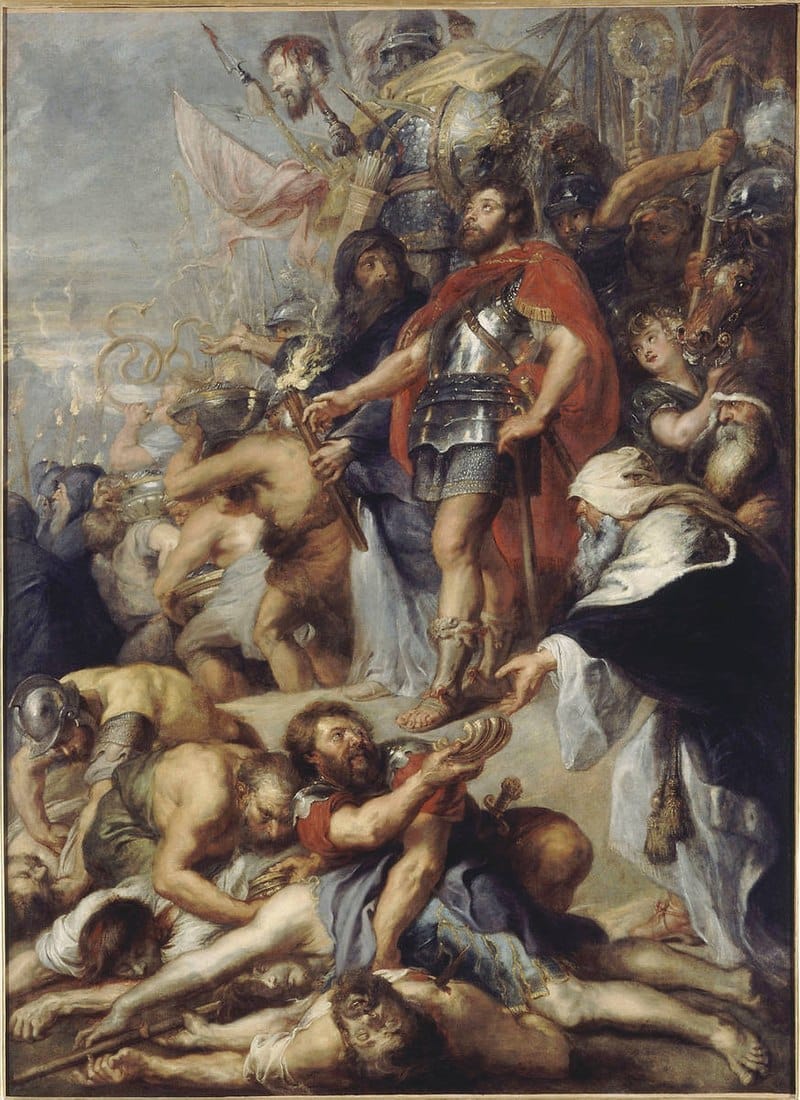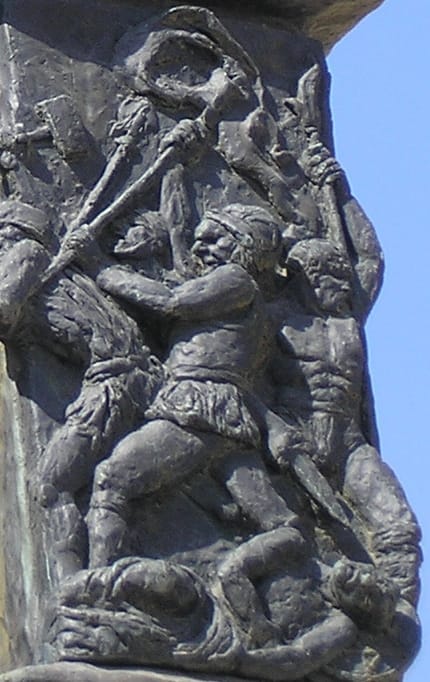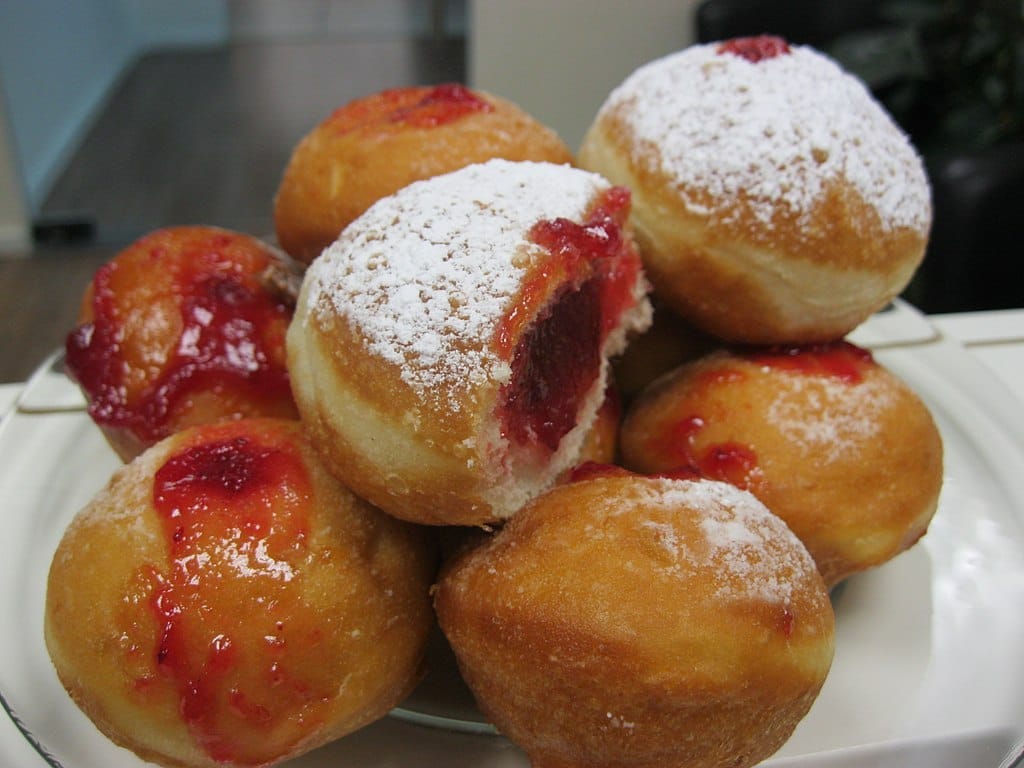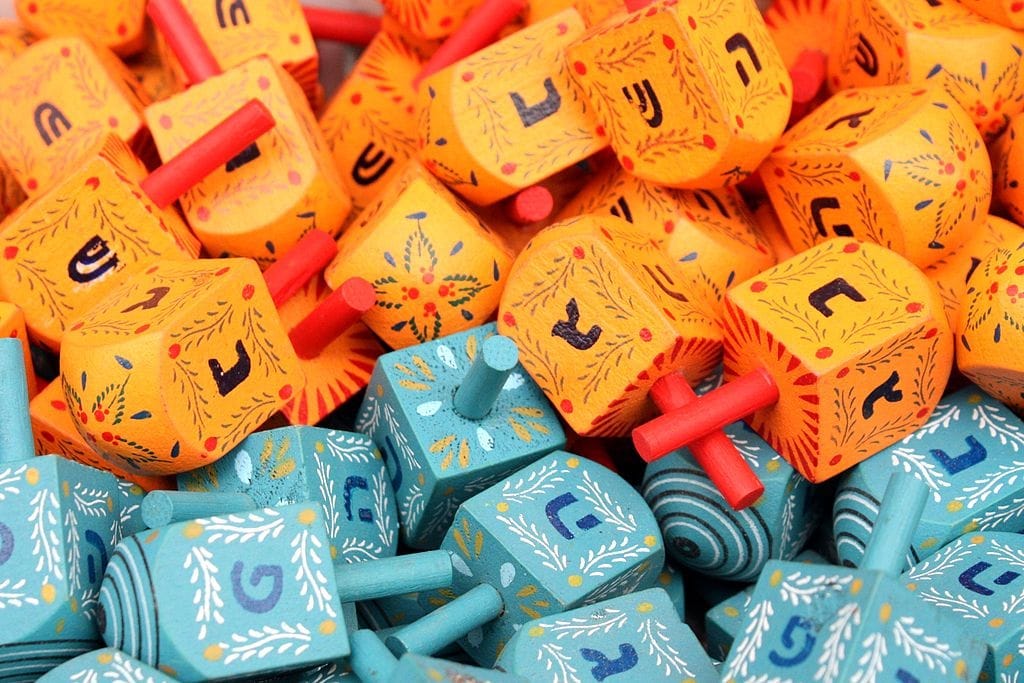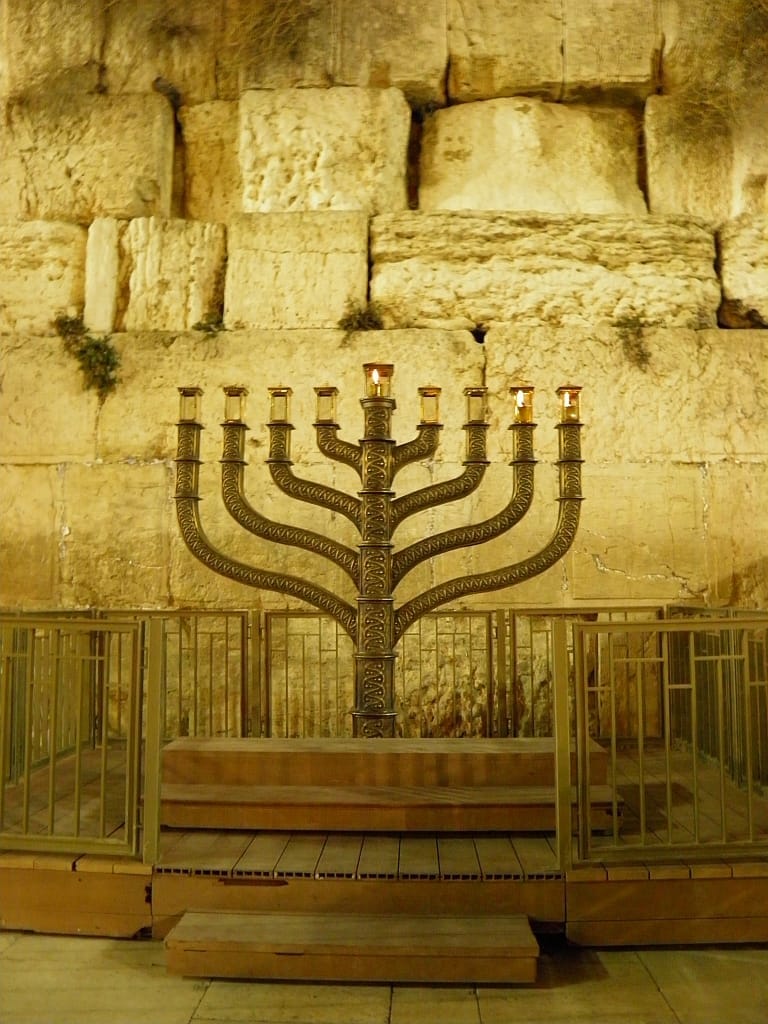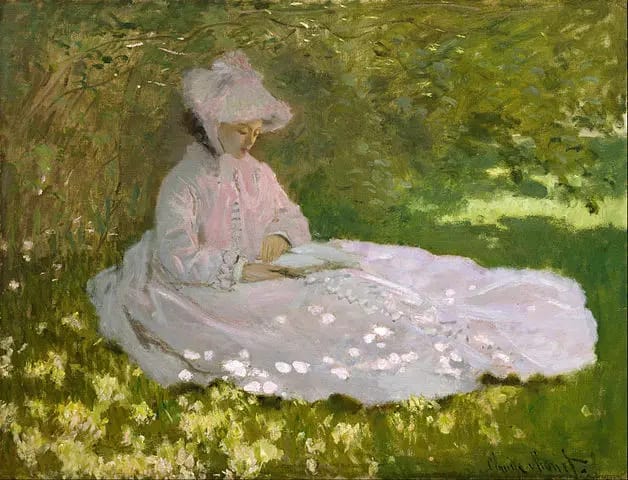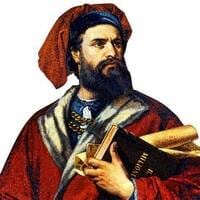Hanukkah - The Jewish Festival of Lights
Hanukkah, also known as the Festival of Lights, is one of the most widely recognized Jewish holidays.
Hanukkah - The Jewish Festival of Lights
Hanukkah, also known as the Festival of Lights, is one of the most widely recognized Jewish holidays. While it is not as religiously significant as other Jewish observances such as Yom Kippur or Passover, Hanukkah holds profound historical and cultural importance. Celebrated over eight days, it commemorates a critical moment in Jewish history—a story of resilience, faith, and the triumph of light over darkness.
The origins of Hanukkah date back to the second century BCE, during a turbulent period in Jewish history. Judea, the ancient homeland of the Jewish people, was under the control of the Seleucid Empire, a Hellenistic state that sought to impose Greek culture and religious practices on its subjects.
King Antiochus IV, a particularly oppressive ruler, outlawed Jewish religious practices and desecrated the Second Temple in Jerusalem by erecting an altar to Zeus and sacrificing pigs there. This provoked a widespread uprising led by the Maccabees, a group of Jewish rebels.
The Maccabees, led by Judah Maccabee and his brothers, launched a guerrilla warfare campaign against the much larger Seleucid army. Despite their smaller numbers and limited resources, the Maccabees succeeded in reclaiming Jerusalem and rededicating the desecrated temple. This victory is celebrated as a symbol of Jewish resilience and the defense of religious freedom.
One of the most well-known aspects of the Hanukkah story is the miracle of the oil. According to Jewish tradition, when the Maccabees sought to rededicate the temple, they found only a single day's worth of ritually pure oil to light the menorah, the temple’s eternal flame. Miraculously, this small amount of oil burned for eight days, allowing enough time to prepare a fresh supply of consecrated oil. This event is considered a divine intervention and is central to the holiday’s observance.
The lighting of the menorah is the most iconic and cherished tradition of Hanukkah. Each night, families light an additional candle on a nine-branched candelabrum called a hanukkiah. The central candle, known as the shamash, is used to light the others. This ritual symbolizes the miracle of the oil and serves as a reminder of the enduring power of faith and hope. Blessings are recited, and traditional songs are sung during the lighting ceremony.
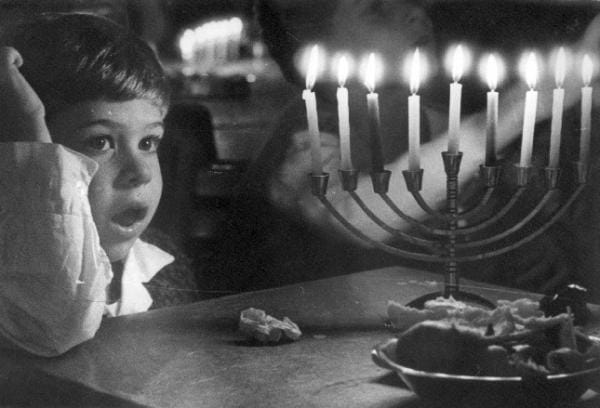
Food plays an essential role in Hanukkah celebrations, with dishes often fried in oil to honor the miracle of the oil. Latkes, or potato pancakes, and sufganiyot, jelly-filled donuts, are popular treats enjoyed during the holiday. These foods are shared with family and friends, fostering a sense of community and joy.
Hanukkah is also a time for games and giving. Children often play with a dreidel, a spinning top marked with Hebrew letters that stand for the phrase "A great miracle happened there." In addition to this playful tradition, it is customary to give gifts or gelt (small amounts of money or chocolate coins) to children, adding to the festive atmosphere. These practices have evolved over time, with gift-giving becoming more prominent in modern celebrations, particularly in regions where Hanukkah coincides with the Christmas season.
The significance of Hanukkah extends beyond its historical roots. It serves as a powerful reminder of the importance of religious freedom and cultural identity. For Jewish communities around the world, it is a time to celebrate their heritage, connect with their faith, and pass down traditions to future generations. The holiday’s themes of resilience, unity, and light resonate universally, making it a celebration with lessons for people of all backgrounds.
Hanukkah is a festive holiday filled with candles, songs, and delicious food. It is a profound commemoration of a pivotal moment in Jewish history, marked by courage, faith, and divine intervention. Through its rituals and traditions, Hanukkah continues to illuminate the enduring spirit of the Jewish people and their unwavering commitment to preserving their identity and beliefs. As families gather to light the menorah each year, they not only celebrate a historical miracle but also reaffirm the timeless values of hope and resilience that define the holiday.
“It’s fun to do the impossible.”
Walt Disney
Did you know there was a time when America was Art Deco, a blend of elegance and precision, marked by soaring towers and unshakable optimism?
What happened to that spirit? 🧵


